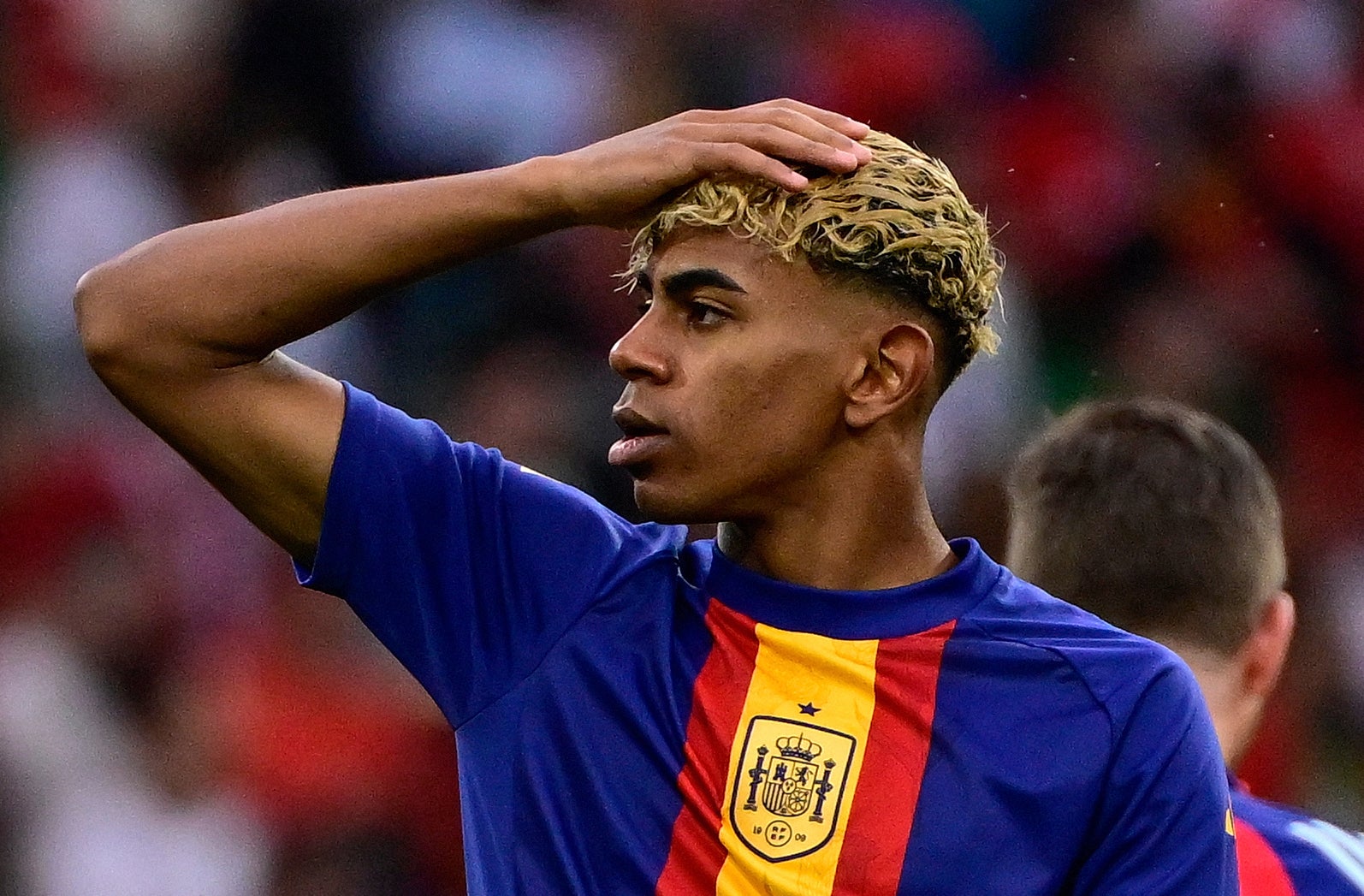Overview of the Controversy
Spanish football prodigy Lamine Yamal, recently turned 18 and celebrated as one of Barcelona’s brightest stars, is at the center of a national controversy and potential legal probe after his birthday party featured performers with dwarfism. The incident has provoked widespread debate in Spain over issues of disability rights, dignity, and the responsibilities of public figures, culminating in calls for an official investigation.

The Birthday Party That Sparked Outrage
Yamal, who has rapidly risen to prominence both for Barcelona and the Spanish national team, hosted his milestone party at a rented venue in Olivella, about 50 kilometers west of Barcelona. The guest list included a mix of football teammates, popular music artists, YouTubers, and social media influencers. During the event, reports indicate that a group of entertainers with dwarfism were hired to dance, serve drinks, and perform magic tricks.
Although attendees were instructed not to film inside the party, footage eventually surfaced showing the presence of entertainers with dwarfism entering the venue. This visual evidence drew immediate backlash, not only from disability rights groups but also from wider sections of Spanish media and society.
Legal and Social Response
The Association for People with Achondroplasia and Other Skeletal Dysplasias (ADEE) led the criticism, condemning the use of people with dwarfism as entertainment as “perpetuating stereotypes, fueling discrimination, and undermining the dignity and rights of people with disabilities.” The organization cited Spanish disability law, which explicitly prohibits using individuals with disabilities in shows or recreational activities that ridicule, mock, or diminish human dignity.
ADEE lodged a formal complaint, prompting Spain’s Ministry of Social Rights to request an investigation by the country’s Prosecutor’s Office. The ministry emphasized the need to establish whether the event violated legal provisions meant to protect the rights of disabled individuals. Additionally, the Ministry appealed to the Spanish Ombudsman and Office for Combating Hate Crimes for their involvement.
Carolina Puente, the ADEE president, stated:
“It’s unacceptable that in the 21st century, people with dwarfism are still used for entertainment at private parties, particularly when public figures are involved. The dignity and rights of our community cannot be a source of amusement under any circumstance”.
Defenses and Divided Views
Notably, one of the entertainers at Yamal’s party spoke publicly in defense of their participation, telling Catalan radio RAC1 that “no one disrespected us; we were allowed to work in peace.” The performer criticized the backlash as more harmful than the event itself, arguing that advocacy groups like ADEE were limiting job opportunities for people with dwarfism and interfering with their right to choose the kind of work they want to do. “We’re regular people, doing what we love in a completely legal manner,” the performer said, expressing frustration that the controversy only erupted because it happened at a high-profile event.
This has highlighted a complex debate: while some see such performances as exploitative, others view them as legitimate employment, provided the individuals involved are treated respectfully. The conflict exposes ongoing tensions in how societies reconcile disability rights with agency and personal choice.
Yamal’s Position and Impact
Yamal and his representatives have not publicly commented on the matter. FC Barcelona, his club, stated that it considers the incident strictly a private affair but may re-evaluate its public position as more facts emerge. Meanwhile, the prosecutor’s office has begun its inquiry, and if violations are found, Yamal faces the prospect of a significant fine, media scrutiny, and damage to his burgeoning image.
What This Means for Spanish Society
The controversy encapsulates growing pains as Spain, like many countries, grapples with inclusion, diversity, and the role of celebrities in setting social standards. Disability rights advocates insist the case can set a precedent for how society should treat vulnerable groups—especially when private actions of public figures risk endorsing outdated or harmful stereotypes.
For Lamine Yamal, until recently best known for his prodigious football talent, the episode signals the immense pressures and responsibilities that come with fame in the digital age. Regardless of the legal outcome, the row invites deeper reflection about respect, representation, and the evolving meaning of dignity for all.

